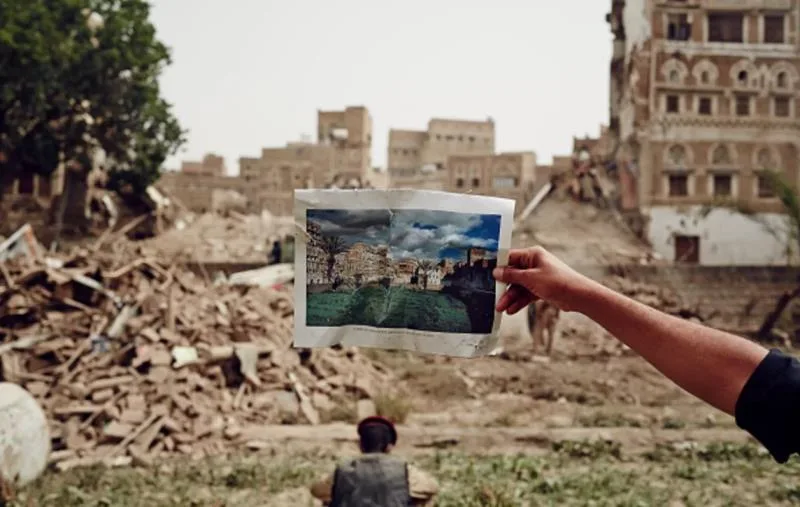War and conflict extend beyond physical destruction; they leave deep psychological scars on individuals and communities. Recent studies highlight the profound mental and emotional health challenges faced by those in conflict zones, including heightened levels of anxiety, depression, and post-traumatic stress disorder (PTSD).
The Mental Health Crisis in Conflict Zones
Exposure to armed conflict significantly increases the risk of mental health disorders. Research indicates that individuals in war-affected areas are more susceptible to anxiety, depression, and PTSD. The constant threat to life, loss of loved ones, and destruction of homes contribute to a pervasive sense of fear and helplessness.
Children: The Most Vulnerable Victims
Children in war-torn regions are particularly vulnerable. They often experience nightmares, separation anxiety, and developmental delays. The trauma of witnessing violence and losing family members can have long-lasting effects on their psychological development.
The Role of Media Exposure
Continuous exposure to graphic images and news about conflict exacerbates mental health issues. Even individuals not directly involved in the conflict can experience increased anxiety and stress due to relentless media coverage. Limiting exposure to such content is crucial in mitigating these effects.
Coping Mechanisms and Support Systems
Addressing the mental health crisis in conflict zones requires a multifaceted approach:
- Community Support: Establishing support groups and community centers can provide a safe space for individuals to share experiences and find solace.
- Professional Counseling: Access to mental health professionals is essential for diagnosing and treating psychological disorders resulting from conflict.
- Education and Awareness: Educating communities about the signs of mental health issues and the importance of seeking help can reduce stigma and encourage treatment.
The Need for Global Attention
The psychological impact of war is a global concern that requires immediate attention. International organizations and governments must prioritize mental health services in humanitarian aid and reconstruction efforts. By acknowledging and addressing the emotional and psychological wounds inflicted by conflict, we can begin to heal and rebuild affected communities.
Conclusion
The devastation of war extends far beyond the battlefield, infiltrating the minds and hearts of those affected. Recognizing and addressing the mental and emotional toll of conflict is not only a moral imperative but also a crucial step toward comprehensive recovery and peacebuilding.




+ There are no comments
Add yours